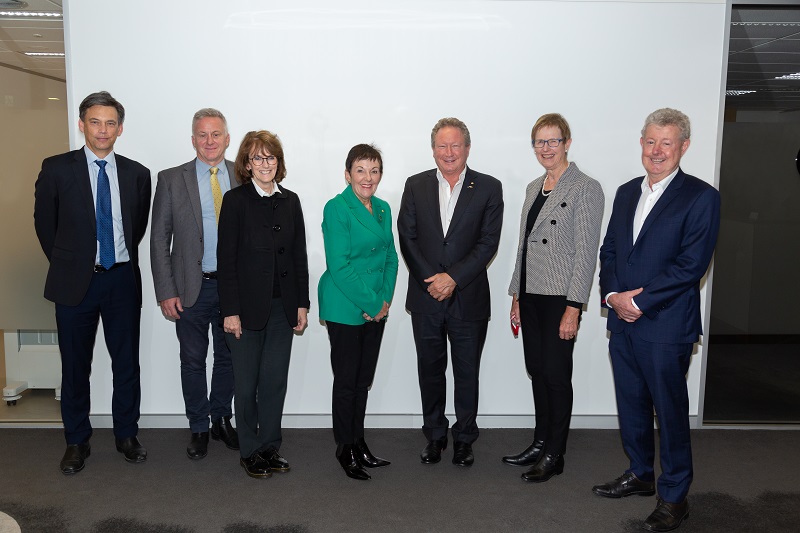Climate Change Authority releases its Corporate Plan 2021-22
The Authority today publishes its Corporate Plan 2021-22. The plan outlines its activities for the next four years.
Corporate Plan 2021-22 (PDF(Opens in a new tab/window) ; Word(Opens in a new tab/window)).
In his Opening Statement, the Chair of the Authority, Mr Grant King wrote, "While the challenges are significant, I am optimistic that Australia can continue to contribute to the global effort and that our institutions, including the Climate Change Authority, will assist not only Government but business and the community to achieve the nation’s emission reduction goals and prosper.
"We will continue to advise the Minister for Emissions Reduction, the Parliament and the broader community by providing balanced, evidence-based advice on how Australia could achieve and strengthen its goals in response to climate change. Our advice is underpinned by guiding principles, set out in legislation, to take a balanced and holistic view of climate change - one that delivers results for the entire nation."
The Authority's Chief Executive Officer, Mr Brad Archer, reflects on the achievements of the previous 12 months in his Foreword. The Authority has:
-
released its second statutory review of the Emissions Reduction Fund (ERF), incorporating CSIRO analysis we commissioned of the risks that climate change poses to storing and maintaining carbon in the landscape
-
continued its self-initiated research on the trade and investment trends in a decarbonising world and the economic implications for Australia
-
released its weekly media digest, On Good Authority, to a growing audience of subscribers
-
integrated the Climate Compass framework, a whole-of-government approach to climate risk management, into its risk management framework
-
developed its first Reconciliation Action Plan, which sets out defined, measurable actions that the Authority will take to contribute to national reconciliation.
2021- 22 Plan Activities
The Authority’s activities over the reporting period will focus on statutory reviews of the Carbon Credits and National Greenhouse and Energy Reporting legislation, self-initiated research on climate change matters and other Special Reviews as requested by the Minister or the Parliament. This corporate plan covers the four years from July 2021 to June 2025. In line with its functions and available resourcing, the Authority will focus on the following activities.
Activity One: Complete reviews of the National Greenhouse and Energy Reporting and Carbon Credits legislation
In 2023, the Climate Change Authority will review the legislation underpinning the Emissions Reduction fund and the national emissions reporting framework concurrently for the first time. The Authority is legally required to review, by 31 December 2023: - the Carbon Credits (Carbon Farming Initiative) Act 2011 (Cth), which underpins the Emissions Reduction Fund - the National Greenhouse and Energy Reporting Act 2007 (Cth), which establishes a single national reporting framework for greenhouse gas emissions and companies’ energy consumption and production. The legislation also supports the safeguard mechanism, which sets limits on the emissions of large businesses.
Activity 2: Other reviews requested by the Government or Parliament
In 2021–22 and for the remaining three work periods, the Authority may be asked to perform other Special Reviews by the Minister or the Parliament.
Activity 3: Self-initiated research and analysis In the lead up to the statutory reviews
The Authority intends to continue to undertake self initiated research and analysis into how Australia can prosper in a world transitioning to net zero emissions. During the life of this corporate plan, the Authority will identify and undertake further research on climate change matters if opportunities arise between statutory and special reviews.
To subscribe to On Good Authority please click here(Opens in a new tab/window).
Date: Tuesday, 31 August 2021


